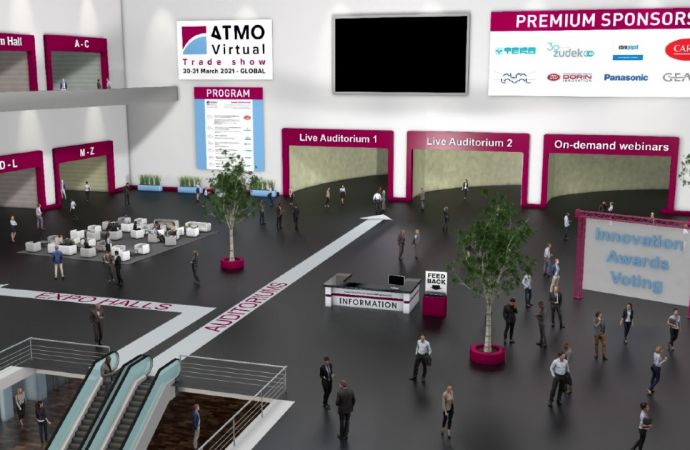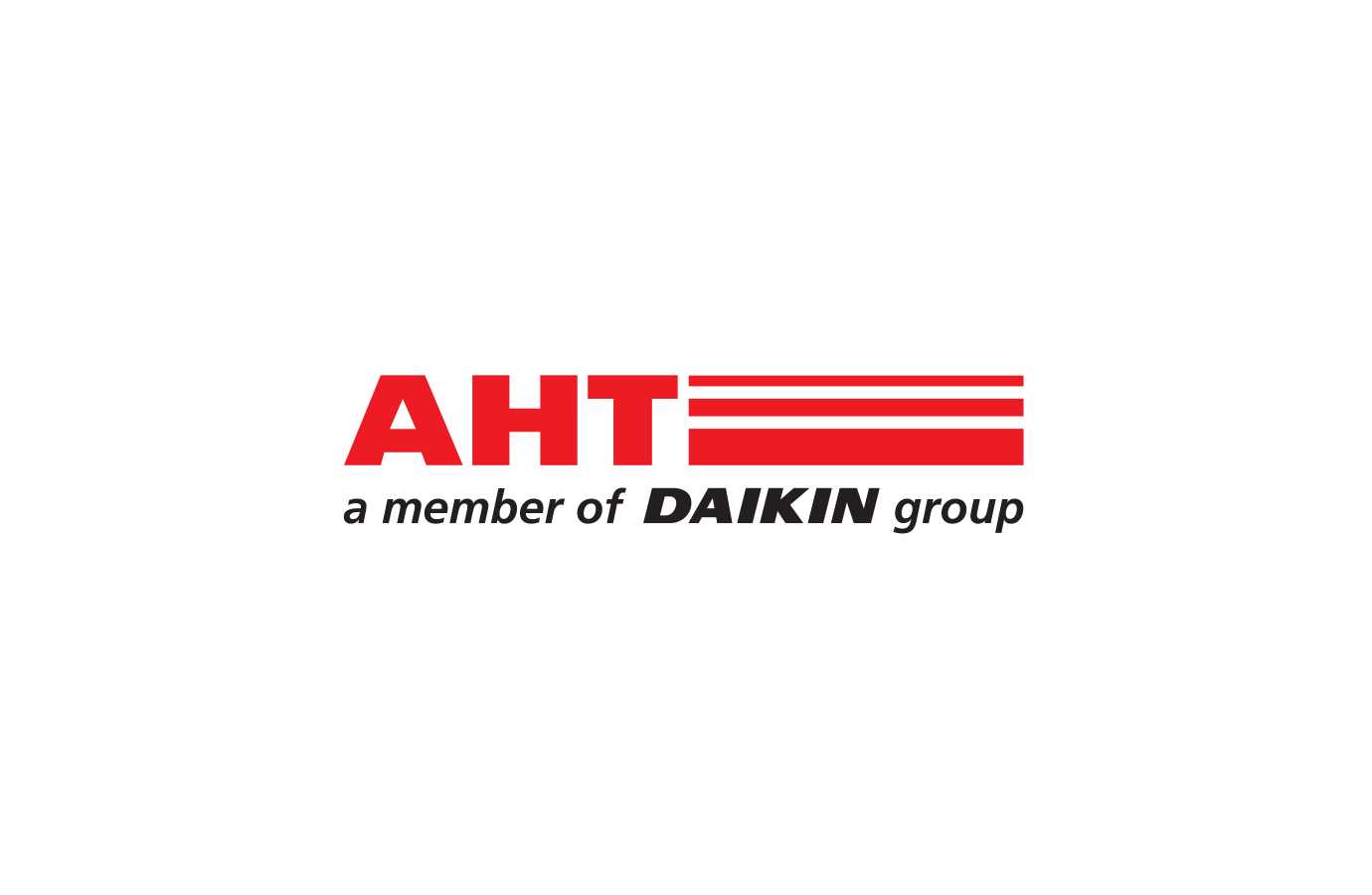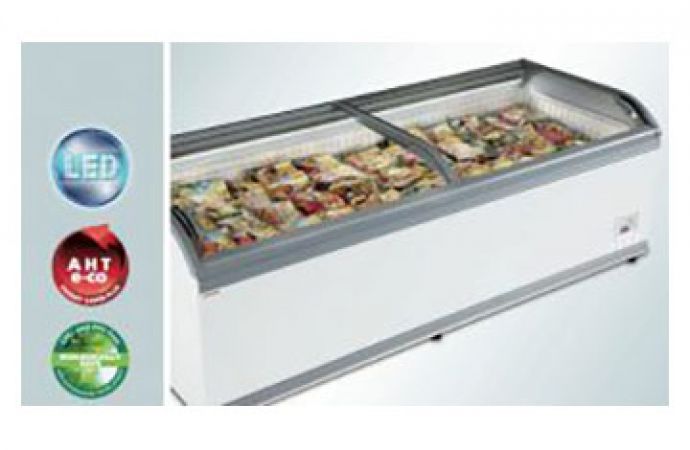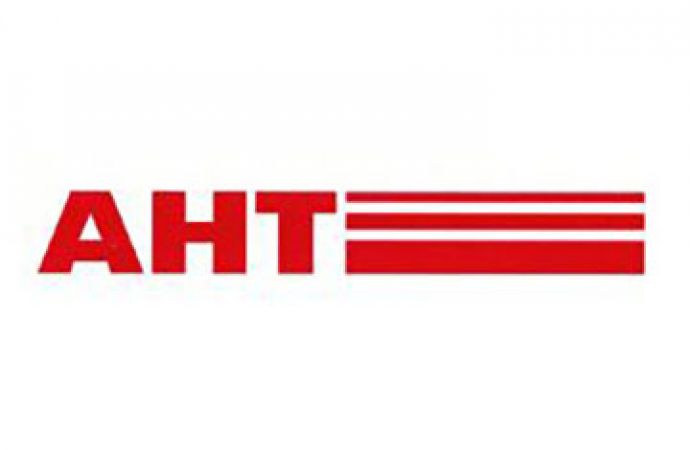According to exhibitors at the recent FMI Energy + Store Development Conference, hydrocarbons are finding their niche in the North American market, and one system supplier is hoping to increase the allowable hydrocarbon charge limit in the U.S.

Some U.S. food retailers are already testing self-contained cases using 150 grams or less of hydrocarbon refrigerant, including H.E. Butt Grocery Co., Lowe’s Markets, ShopRite (Wakefern Corp.) and Whole Foods Market. Whole Foods and ShopRite are piloting cases from AHT Cooling Systems USA, which had a table at the FMI E+SD Conference. AHT’s parent company is based in Austria.
A representative of AHT said that the company is gaining traction in the U.S. with highly efficient modular islands and spot cases using the hydrocarbon propane (R290). Because of their small propane charge, the modular islands are virtually maintenance free, while offering flexibility in store layout. Next year, AHT will introduce multi-deck and vertical merchandisers with propane refrigeration to the U.S. market.
U.S. retailers are “pushing us toward propane,” said the AHT rep. Small format stores in urban markets are especially open to the installation of these self-contained cases.
Carter hopes to increase hydrocarbon charge limit
Birmingham, U.K.-based Carter Retail Equipment, which was also represented at the FMI E+SD Conference, hopes to bring its popular self-contained hydrocarbon cases to North America. Carter’s hydrocarbon cases, which use propene (R1270), are widely employed by the Waitrose supermarket chain in the U.K.; Tesco is testing the system at one store in Thailand while Cole’s has a test in Australia. R1270 offers a 16% better capacity than R404A, said Geoff Amos, Carter’s head of sales and marketing.
Waitrose’s cases contain between 300 and 1,000 grams of propene, well above the 150-gram limit in the U.S. (Waitrose uses an R290-chilled water loop to remove 80% of the heat from the cases.) However, Carter plans to submit a draft proposal for an increase in the hydrocarbon charge limit to the EPA SNAP (Significant New alternatives Policy) program later this year, Amos said. The EN (European norm) 378 standard allows up to 1,000 grams of hydrocarbons in equipment below ground and up to 1,500 above ground.
Carter’s SNAP application will “follow the rationale” of the international standard and reflect “all the safety and compliance we’ve done working with A3 refrigerants,” said Amos. Carter will simultaneously petition for UL approval.
Amos pointed to a three-year study done at the Tesco store in Thailand showing the advantages of the hydrocarbon self-contained cases over an HFC DX system. The self-contained cases experienced a 60% reduction in maintenance costs, a 90% reduction in refrigeration charge and an 8% reduction in energy consumption.
MORE INFORMATION
Related stories






